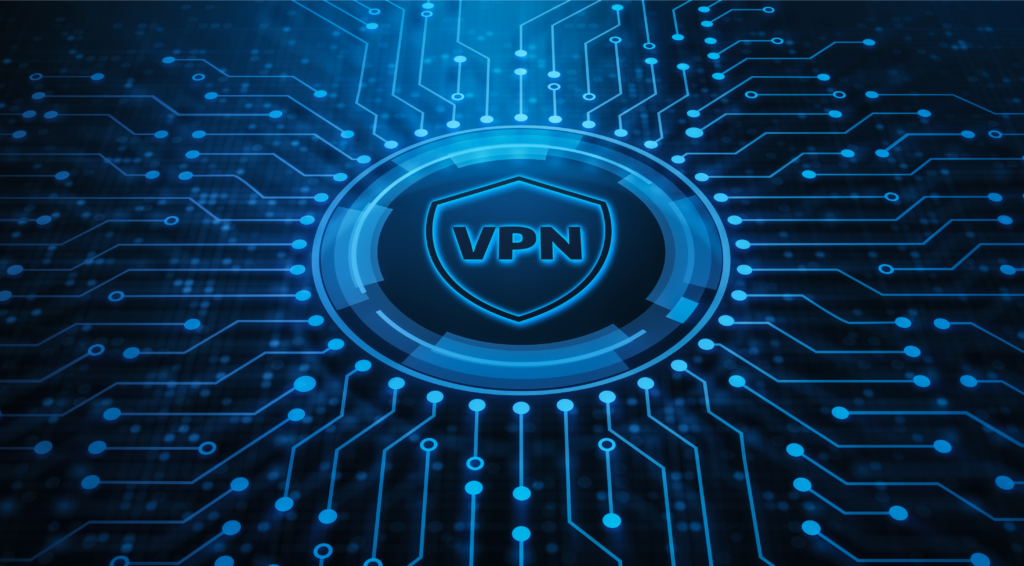What was earlier perceived as an absolute need, Virtual Private Networks (VPNs) have now turned into a handier tool than ever for many people who pursue their privacy. Several people frown upon the idea of spending money on a VPN in view of the advancements in technology and enhanced security on the internet. Let’s discuss the current state of VPNs through some benefits, limitations, and their relevance today.
The New Face of Internet Security
The Internet has come a long way since it came into the hands of the public. Many claim that with HTTPS encryption now used by over 95 percent of websites, the need for a VPN or security measure has become redundant. But things are not just that simple.
The Rise of HTTPS HTTPS does, however, make browsing much more secure. It means that the connection from your device to the website you access is encrypted, making it far more difficult for malicious actors to intercept your data. The wide implementation of HTTPS has some people questioning whether VPNs are really needed.
However, it’s worth noting that although HTTPS does protect the content of your communications, it doesn’t hide other very useful and relevant information, such as:
- Your IP address
- The websites you visit
- The amount of data you’re transferring
This is where VPNs still play an important role.
The Continued Relevance of VPNs
Despite the improvements in general internet security, VPNs continue to offer many benefits that make them a necessary tool for many users.
1. Increased privacy protection
While HTTPS encrypts your data, it doesn’t hide the fact that you’re accessing a targeted website from your ISP. In many countries, ISPs are legally bound to log this information and may be compelled to share it with government agencies or sell it to advertisers. A VPN masks that activity from your ISP, thus adding an additional layer of privacy.
2. Bypassing Geo-restrictions
One of the most famous applications for VPNs is to give access to content restricted in users’ geographical locations. Streaming services, news websites, and social media are bypassed with VPNs, which make the internet think the traffic is coming from another location.

3. Protection across Public Wi-Fi
Public Wi-Fi is still very risky. Even with HTTPS, there’s a good chance that when connecting to these networks, it could leave your device open. A VPN adds an extra security layer by encrypting all your Internet traffic before leaving your device.
4. Avoid ISP Throttling
Some ISPs throttle specific kinds of Internet traffic, such as streaming or torrenting. Since it encrypts all your traffic, a VPN can help keep your ISP from identifying and throttling particular types of data.
The Drawbacks of VPNs
Although VPNs do offer several advantages, they too have their cons. Considering these limitations may be in the best interest when deciding whether a VPN is right for you.
1. Speed Reduction Possibility
One of the most prevailing complaints about VPNs is that they give users a slower Internet. This is due to the fact that compared with ordinary cases, data has to travel further and go through an additional layer of encryption. The impact upon speed, however, may hugely differ depending on the kind of VPN service and server in use.
2. Cost Considerations
Although this meant there were free services available, they had big limitations in speed, data caps, and the number of server choices. Normally, the trustworthy VPNs would require subscription fees, therefore being a turn-off for people on a tight budget.
3. Complexity to the Average User
Setting up and using a VPN may hence be a little overwhelming for a layman. While most VPN providers try to make things easier, there likely is an aspect of a learning curve.
4. False Feeling of Security
Some people exaggerate the level of protection that can be afforded to an individual by a VPN. This is not to say that VPNs don’t significantly improve privacy, only that one is decidedly not anonymous when on the Internet. Other tracking techniques—such as browser fingerprinting—can be used to uncover your identity.
Even though the internet has become more secure in a lot of ways, there is always something that VPNs can do which no other security measure can. However, you must use reputable service providers like Surfshark VPN, ExpressVPN, or NordVPN. For users for whom privacy tops the chart, they must bypass geo-restrictions frequently or often use public Wi-Fi, a VPN is indispensable.








